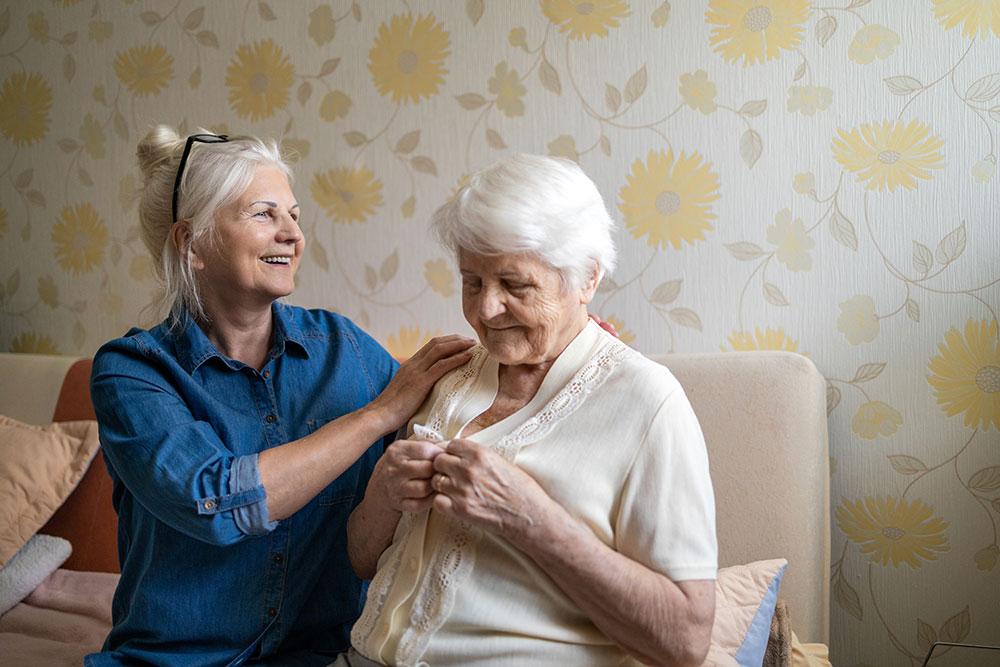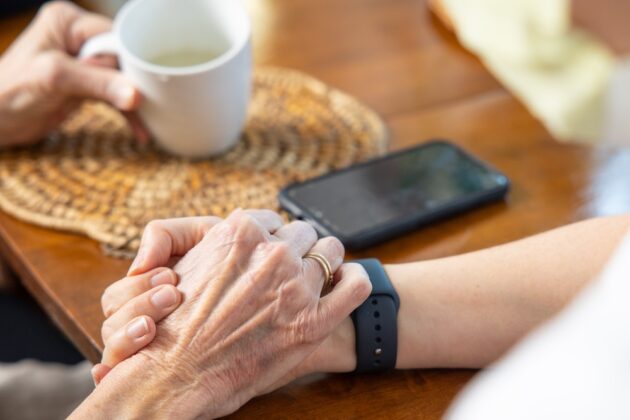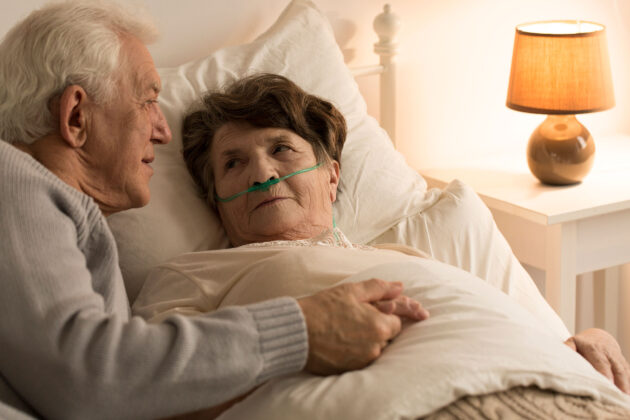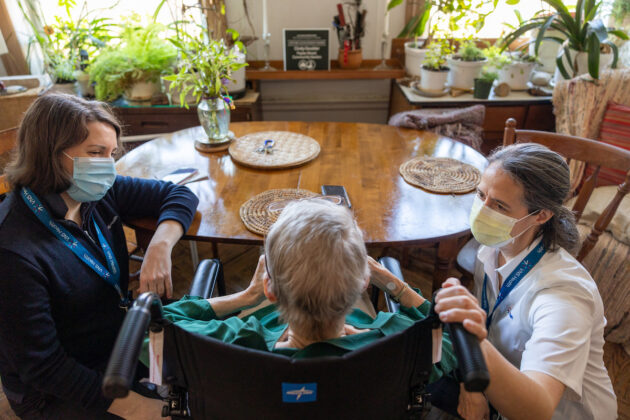
Caring for someone at the end of life can be both rewarding and distressing. Most caregivers feel frustrated, isolated, and sad at times. Caregiving can also lead to burnout. If you do not address your stress and worry, you may put your health at risk. This can affect your ability to provide care. So take steps to get the support you need.
Signs That You Might Need Support
Do you see any of these in yourself?
- Loss of interest in friends, family, and activities
- Sadness or depression
- Fatigue or frequent illness
- Eating too much or too little
- Sleeping too much or too little
Caring for a loved one in hospice isn’t something you need to do alone — VNS Health is here to help. Our home hospice care supports you and your loved one in the comfort of home.
Tips to Help You Cope
- Take a break. Ask for, or hire, outside help so you can get away for a few hours. Go to a movie, see friends, or take a walk outside.
- Focus on what is important to you. Find the meaning behind why you are doing all that you do.
- Set limits. Make a list of daily priorities, and keep your goals realistic.
- Let others help. Accept help when it’s offered. Make a list of tasks that others could easily do, like grocery shopping. Ask a family member, friend, or hospice volunteer to help you with status updates and coordinate with other family members on a regular basis.
- Talk about how you feel. Reach out to friends, family, and religious or community organizations. Join a hospice caregiver support group. Ask your hospice care team for recommendations in your area.
- Take care of yourself. Eat right, exercise, and rest. Avoid using alcohol, medications or drugs, cigarettes, or food to cope. Don’t skip your own medical appointments.
VNS Health is here to support you and can coordinate resources to help you maintain your health and well-being.



